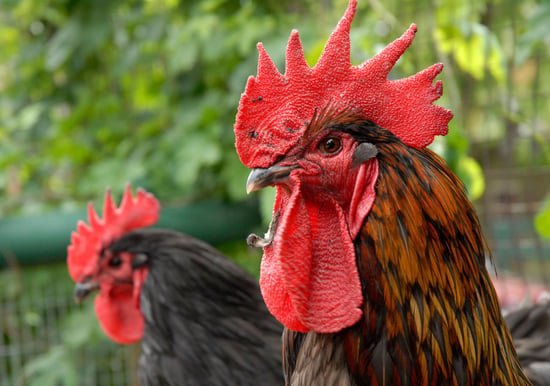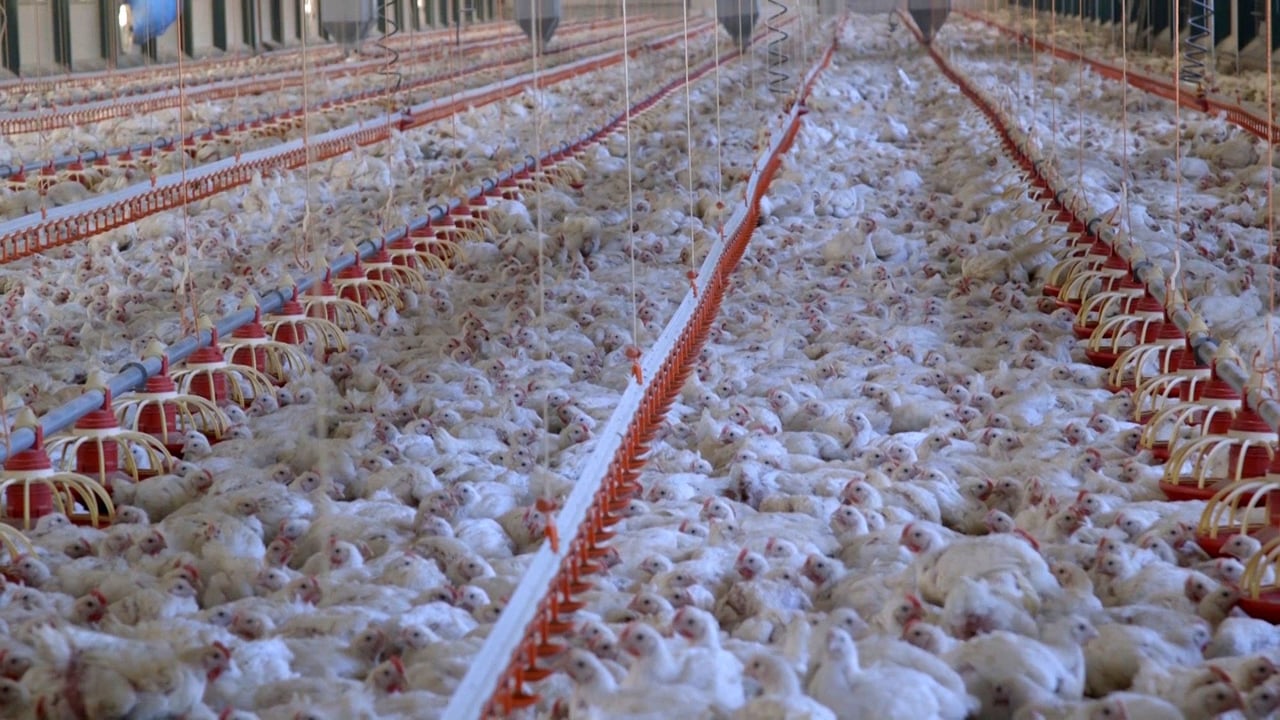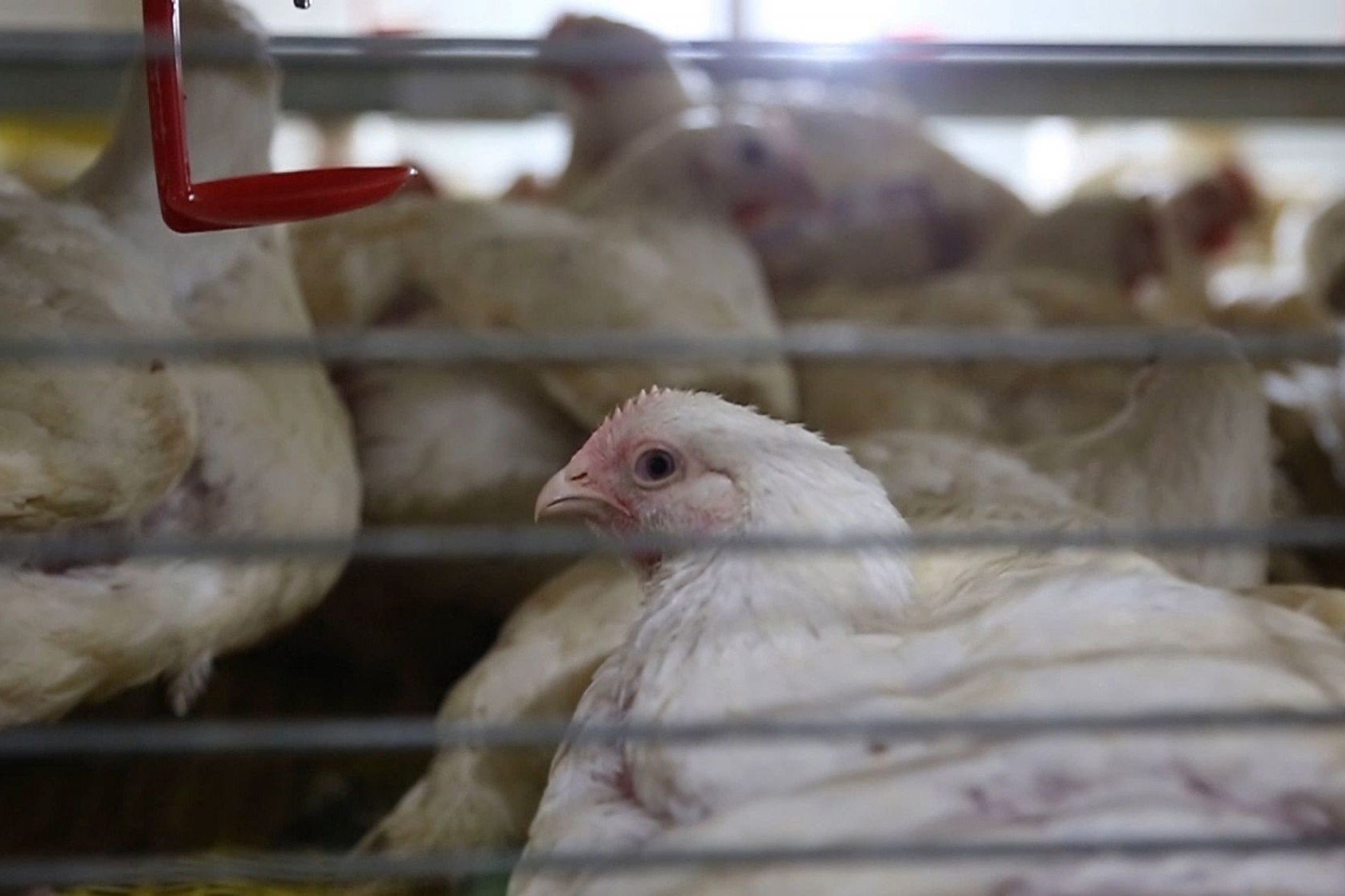On World Health Day, World Animal Protection launches a new report that lays bare the most damaging human health impacts linked to factory farming, and how these will only get worse as the demand for meat continues to grow in all corners of the world.
You can also do your part:

End Superbugs
The Next Steps
Jacqueline Mills, Head of Farming, at World Animal Protection, said: “Factory farms are making us sick. On the surface, factory farmed meat, fish and dairy products seem cheap, but they are costing us our health and governments trillions of dollars each year to mop up the damage.
“We need to break the cycle of suffering in our food system. Government support for cheap meat is equating to more animals being churned through cruel factory farms. Now is the time for governments to focus on better health outcomes for people, animals and the planet.
“There is no future for factory farms. We need a moratorium on factory farming. The food industry needs to embrace a humane and sustainable future where we consume predominantly plant-based diets, and remaining farmed animals are kept in genuinely high welfare systems where they can have good lives.”
Systemic shifts are needed to deliver the biggest health gains for our population. Some of those include re-orientating subsidies away from factory farming towards humane and sustainable practices, supporting efforts to significantly reduce meat and dairy production and consumption in countries with high average per person consumption, improving affordability of plant-based foods, and providing transition support for farmers no longer wishing to engage in factory farming.
In order to make these shifts, World Animal Protection is calling for governments around the world to impose a moratorium on factory farms and introduce and enforce higher farmed animal welfare standards.

